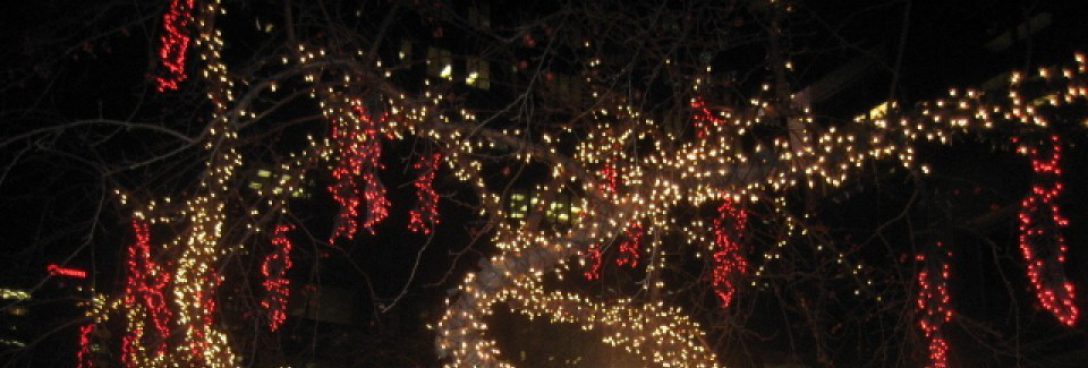 Photo by Clarisse Meyer on Unsplash
Photo by Clarisse Meyer on Unsplash
One discovers the light in darkness, that is what darkness is for; but everything in our lives depends on how we bear the light. It is necessary, while in darkness, to know that there is a light somewhere. To know that, in oneself, waiting to be found, there is a light. What the light reveals is danger, and what it demands is faith.
James Baldwin
After the madness of Christmas has receded, this restful quiet time is often thought to herald the new year. Various clusters of folks and traditions celebrate and mark their New Year at different times. Myself, through the deep interiority and reflection of the dark time of the year, I don’t feel the earliest beginnings of new life until somewhere between Imbolc and the spring equinox.
For now, we have the dark. I’ve been comfortable with the dark. I keep its company often, one foot in the world of the sane; one foot in the world of the insane. One in the world of the dead and dying, one in the living. A dependable reciprocity, a flow, a movement transports me in and out, to and from. Then the whole Trump phenomenon and its tendrils wrapped themselves around so many of our values, our identities, our hope, our courage. Fear grew and grew some more. Many elders feel hopeless; many of our younger brothers and sisters feel apathy. I can’t speak for everyone, but I can say that many of us are feeling pretty fucked up. What to do to feel better?
Well, of course there are many things. Some good, some not so much. In this post, though, I want to speak to the reliable inspiration that I turn to every year and am never, ever disappointed: “Night Fires, the annual winter solstice play celebrating its thirty-fifth year. . . [is] a big shout of hope inside a passionate prayer for this beautiful, aching country of ours.” (from this site)
The content–songs, poems, soliloquies, readings–changes each year but the theme remains contant: leaving for a journey at the darkest time of the year and making your way through that darkness in order to find the light. I feel I can never do justice when I try to explain it. I just know that it is a profound generosity the spirit for the people who attend, year after year. I just know that it fills me with hope and courage and energy to apply the content I find–John Steinbeck, Naomi Shihab Nye, Bernice Johnson Reagon, Carlos Nakai, Langston Hughes, and more–many traditional Inuit, Aztec, PEI, Russion, Italian songs and poems and writings.
And the music? It all touched me deeply. But maybe the most surprising and energizing, one a 1987 folk song from a band called Oysterband. I’m a folkie from way back & hadn’t heard of it. For me its strength lies in the shift of perspective it pulls off.




